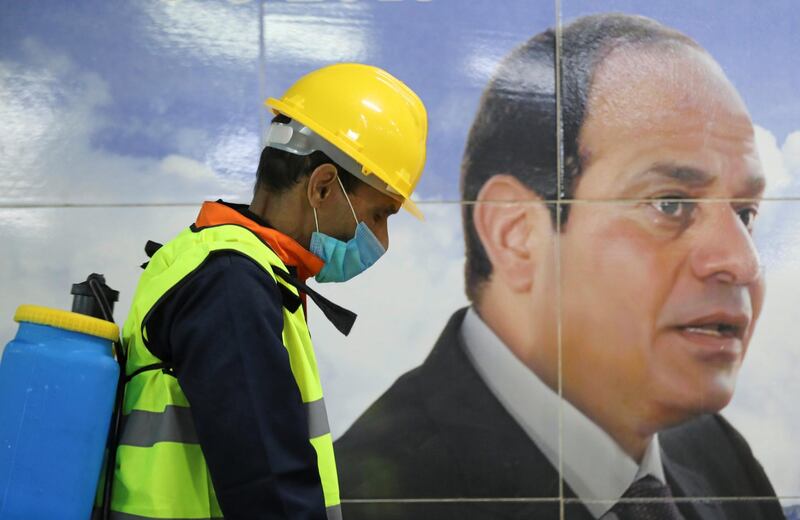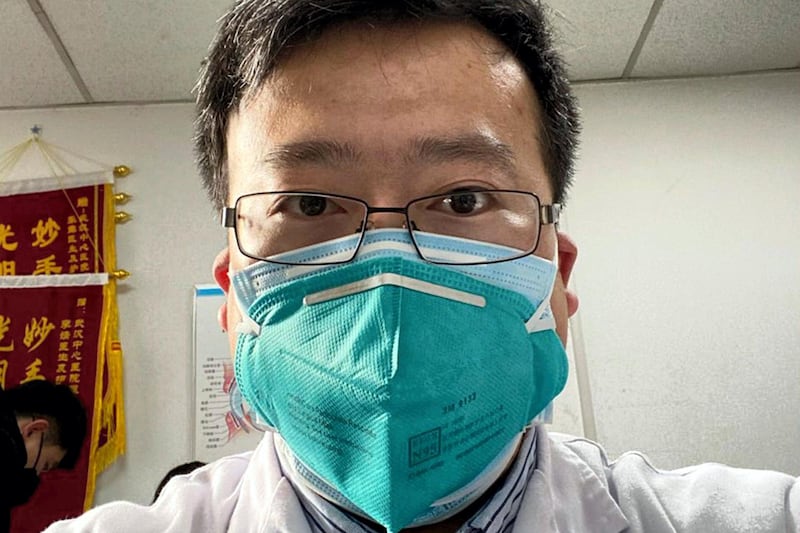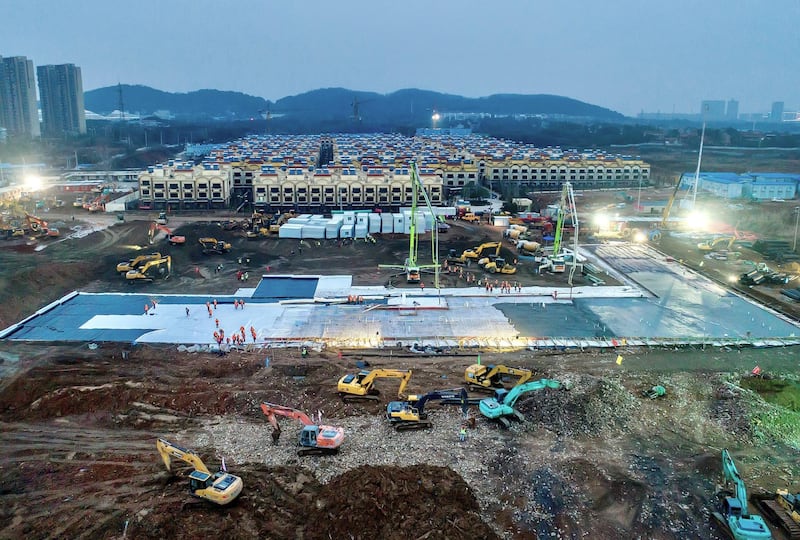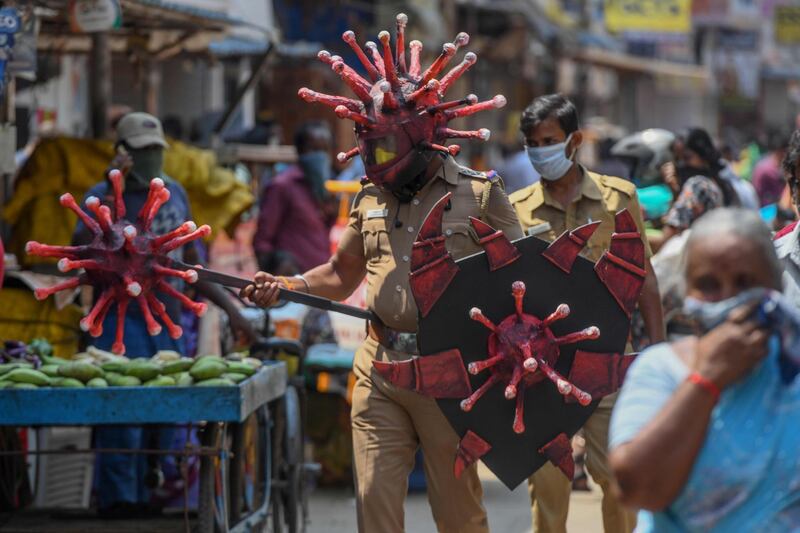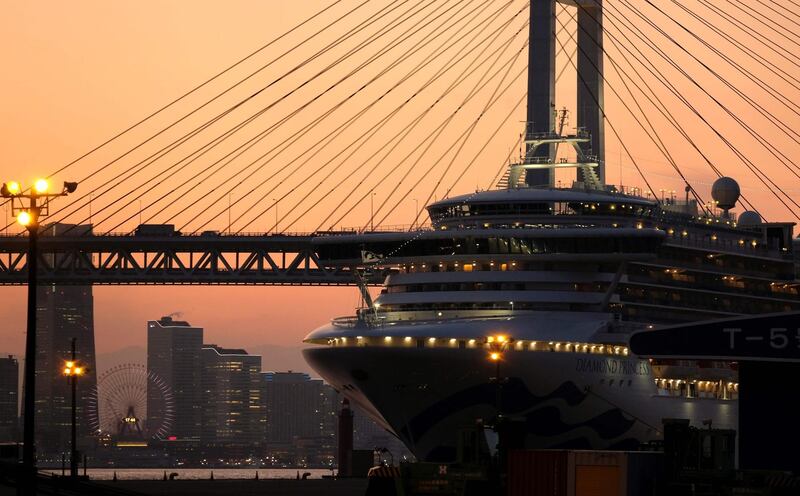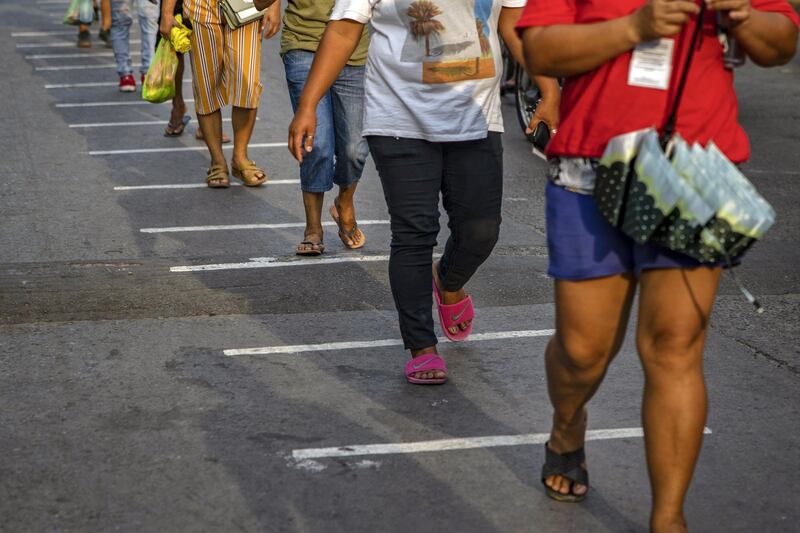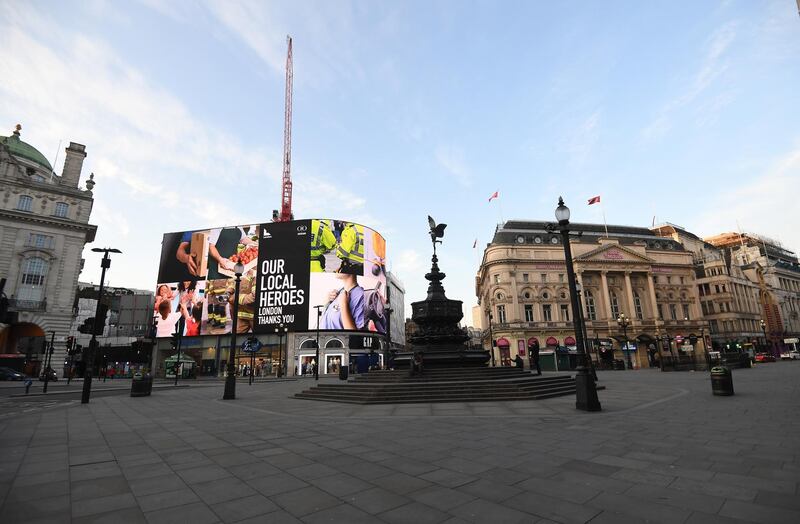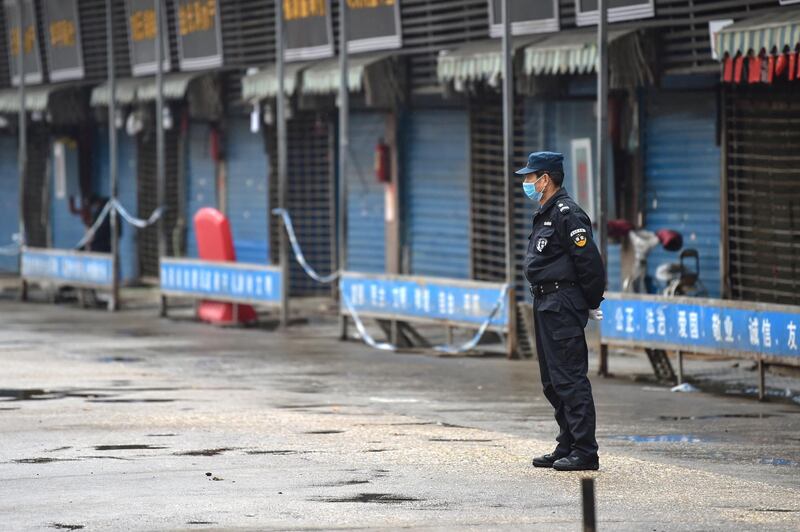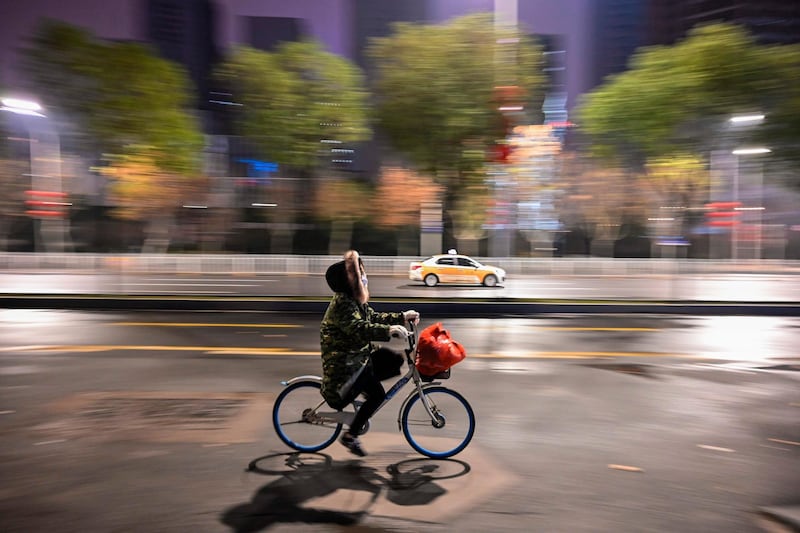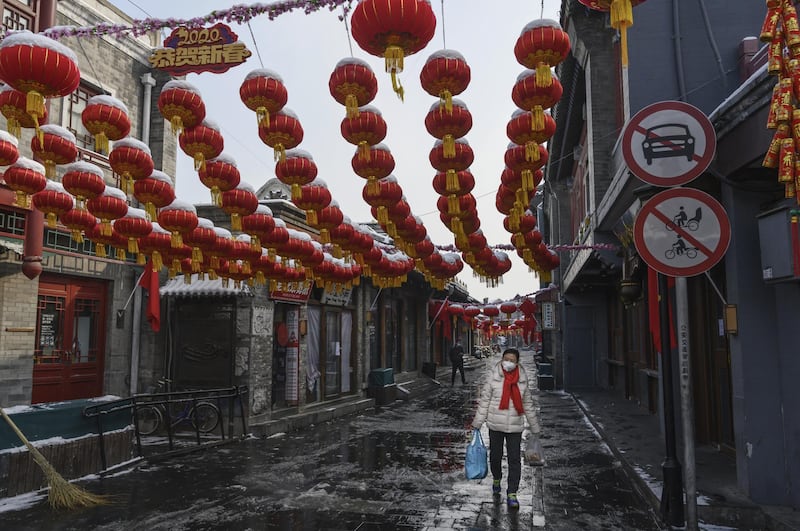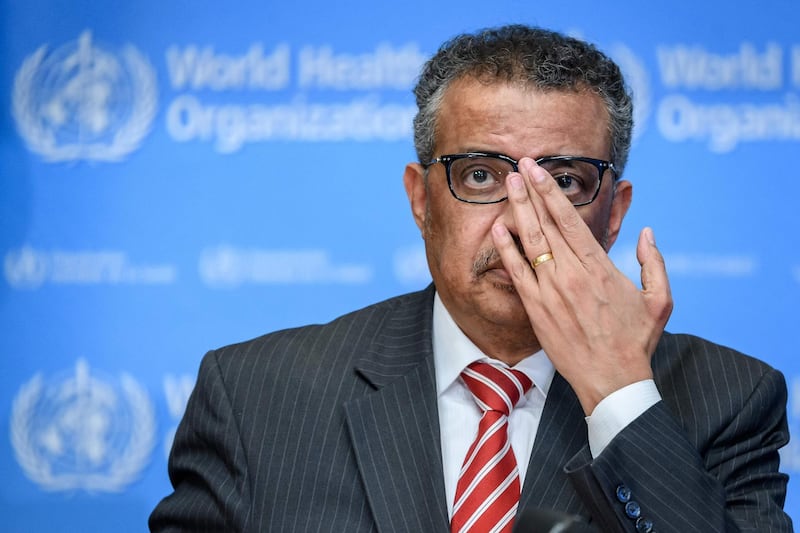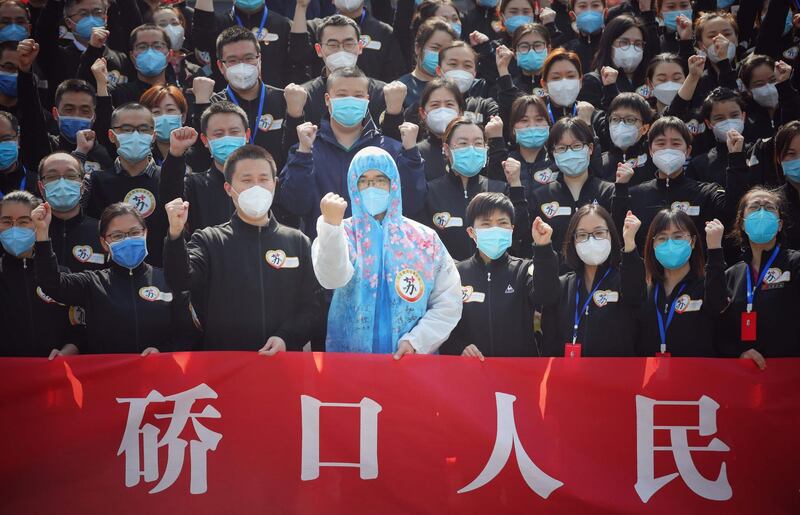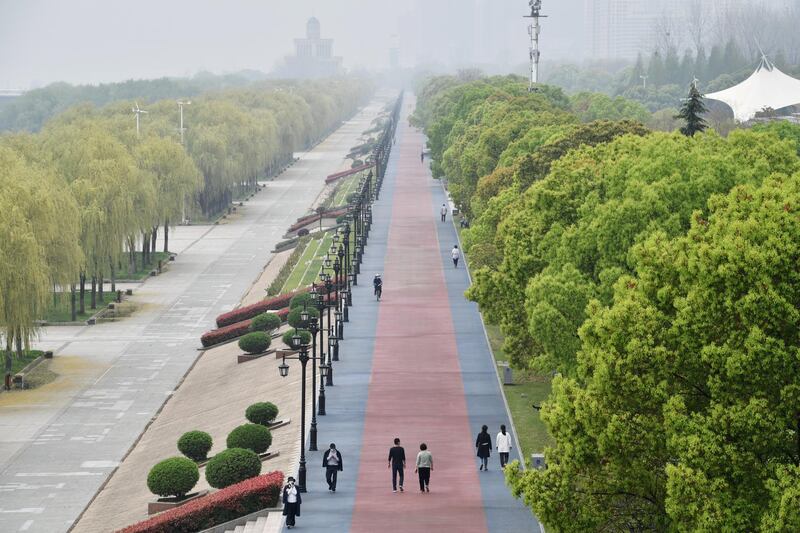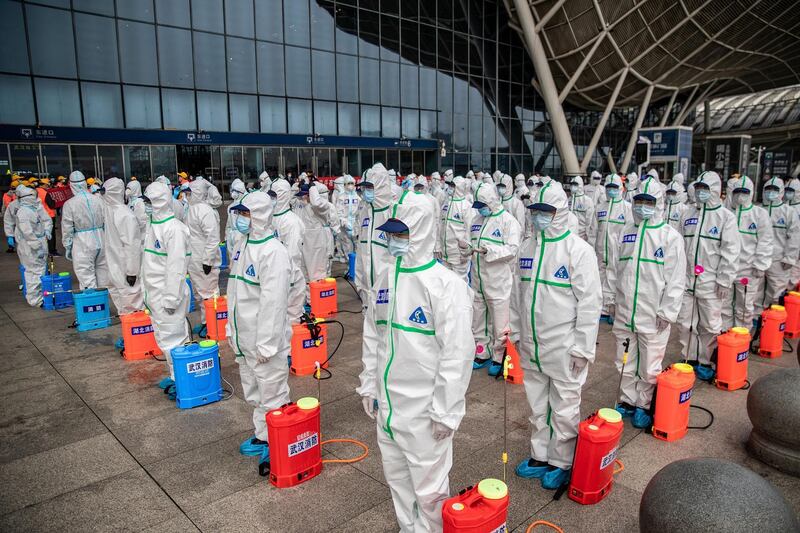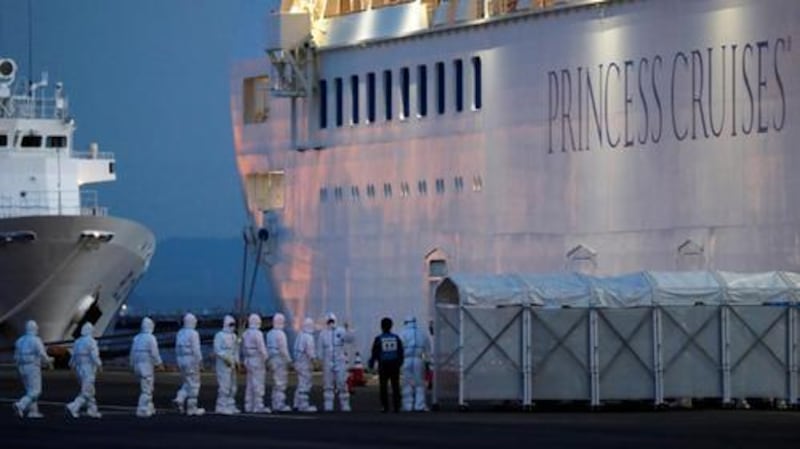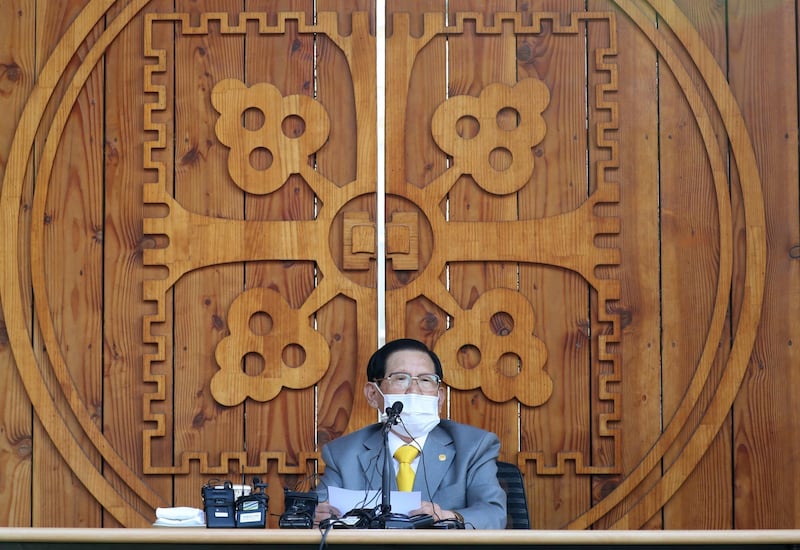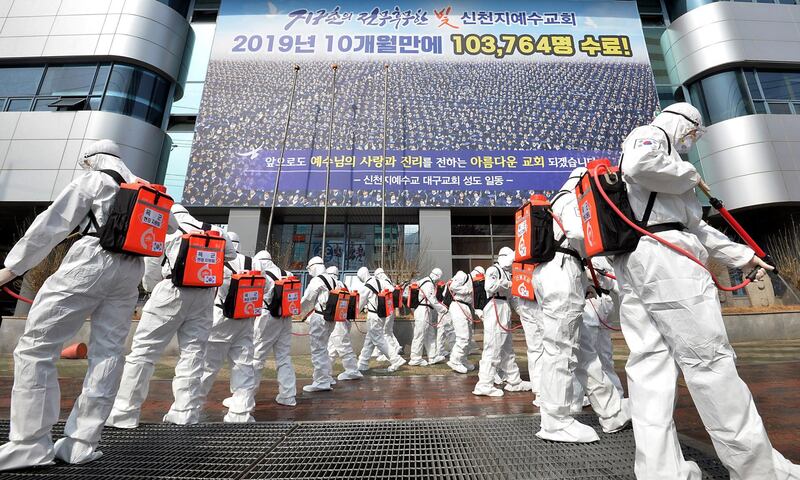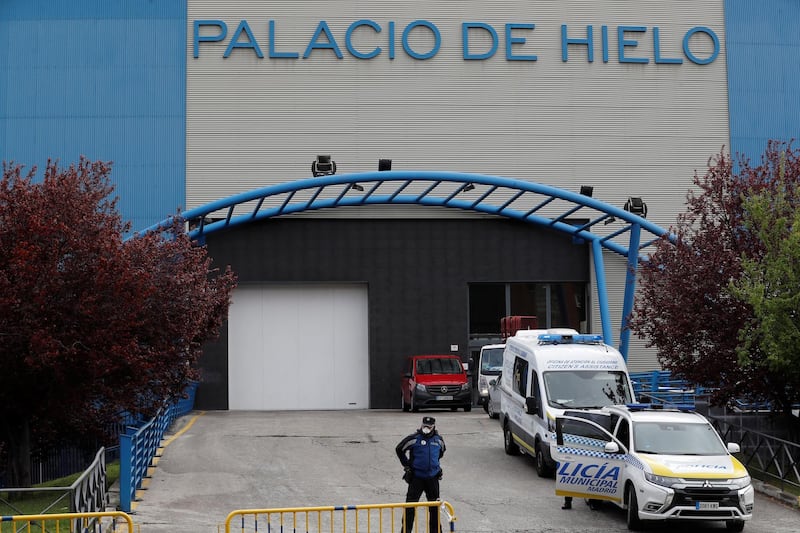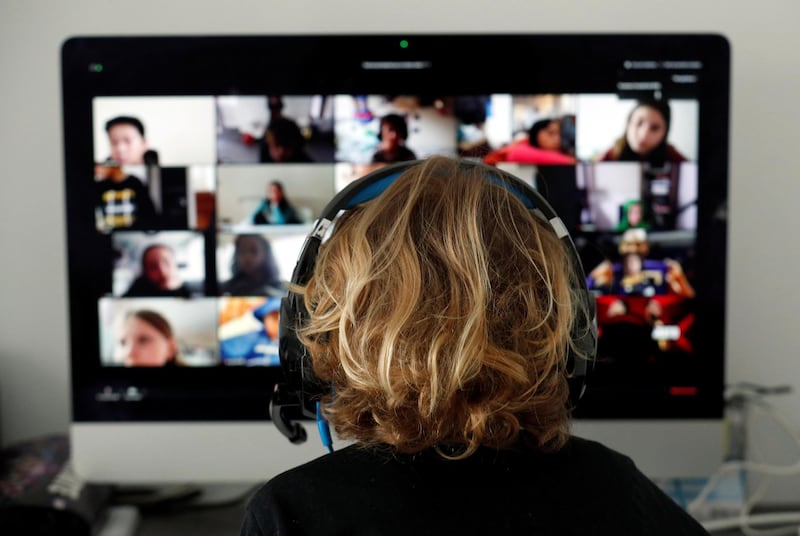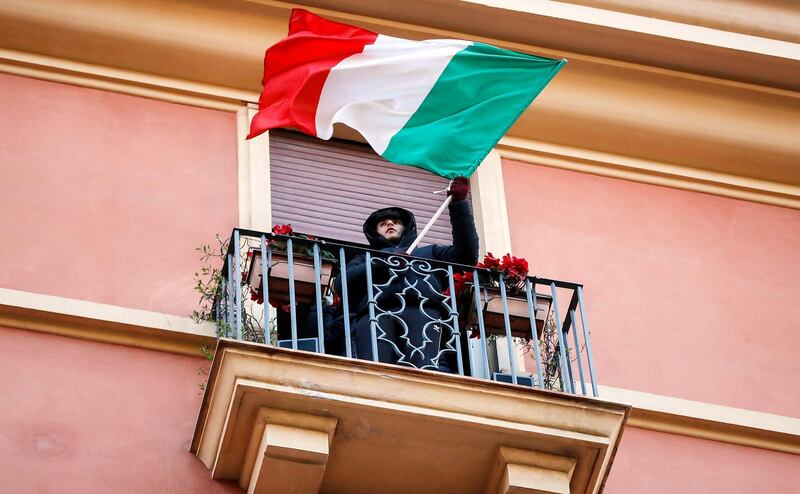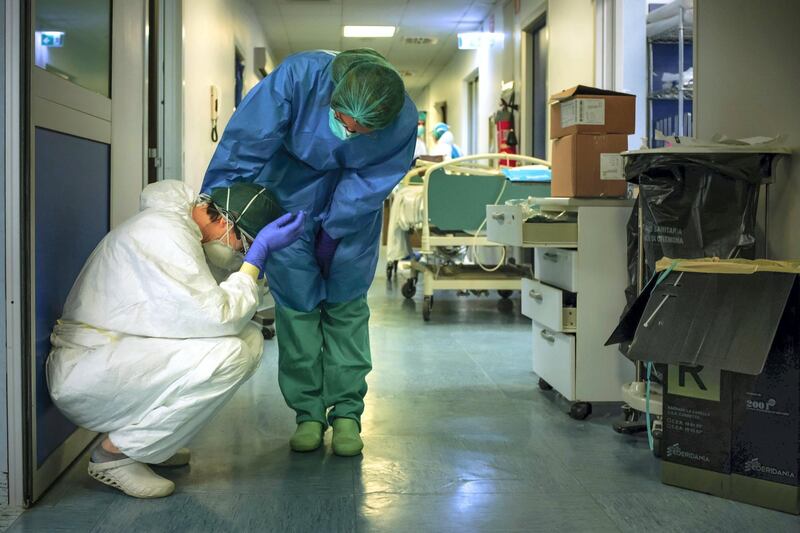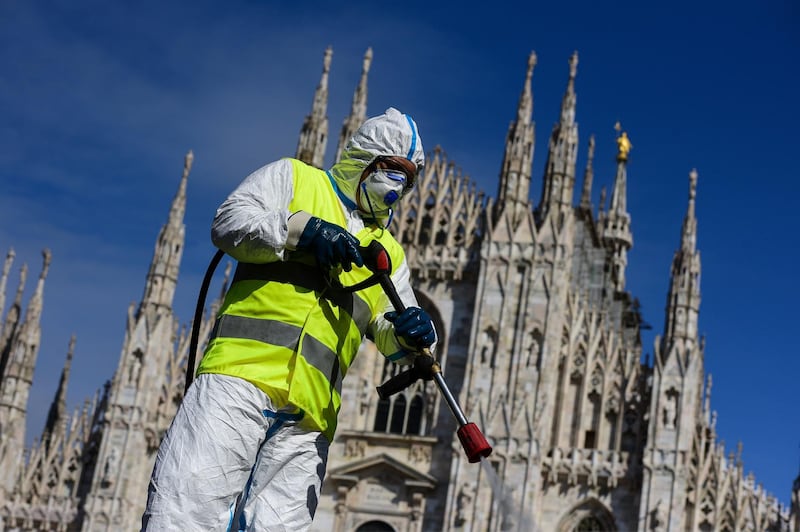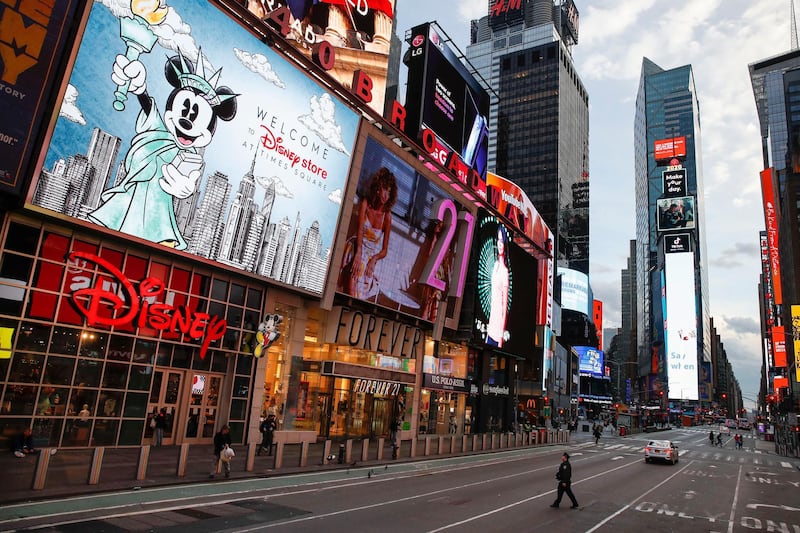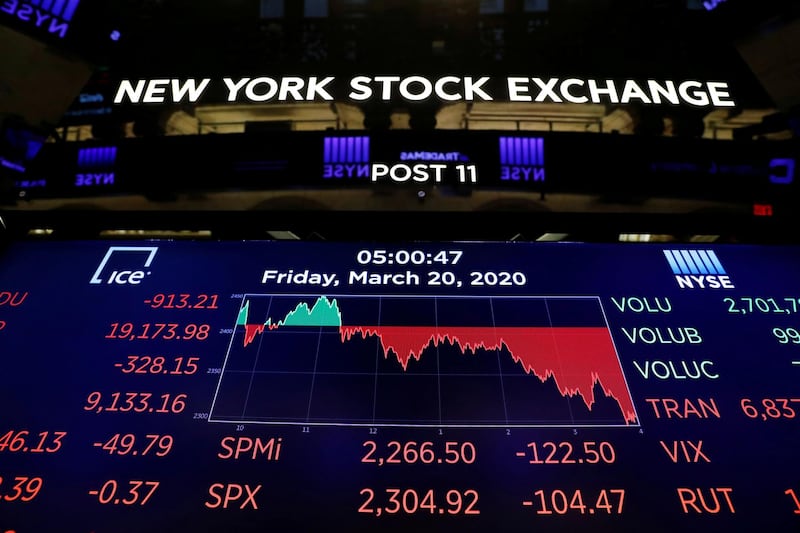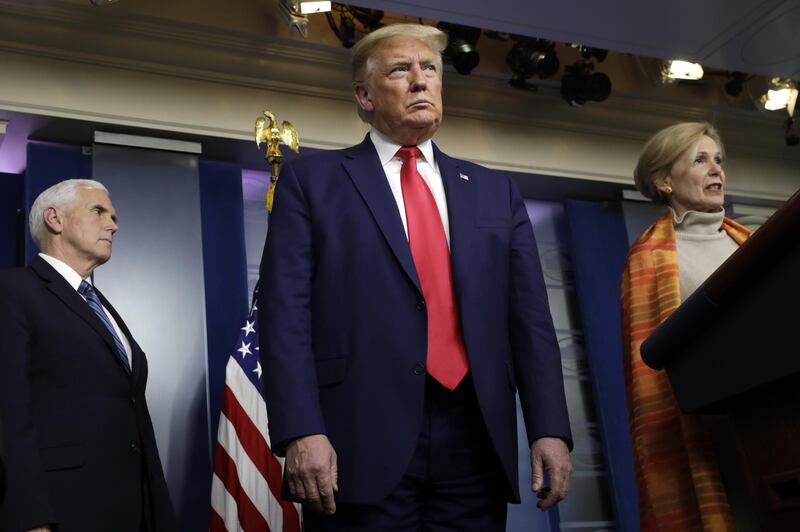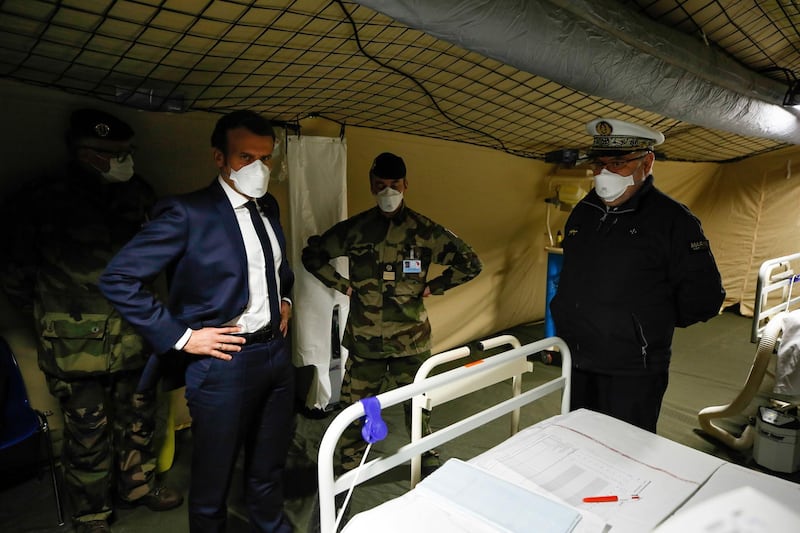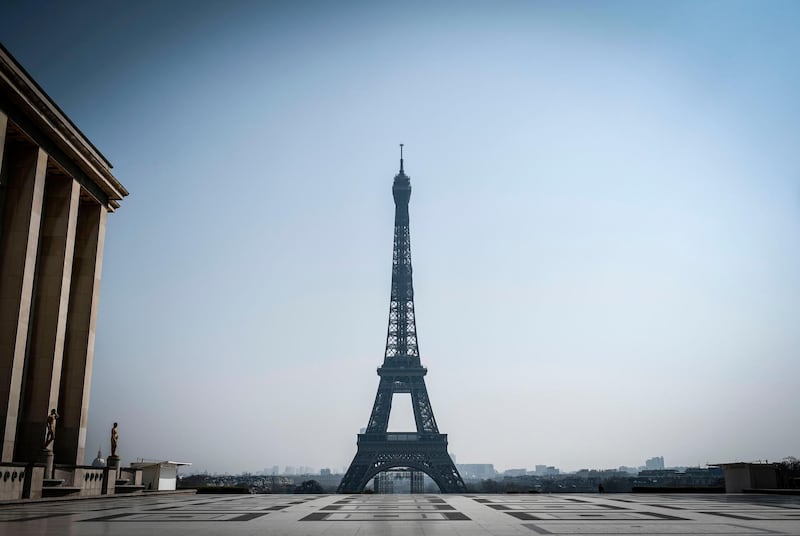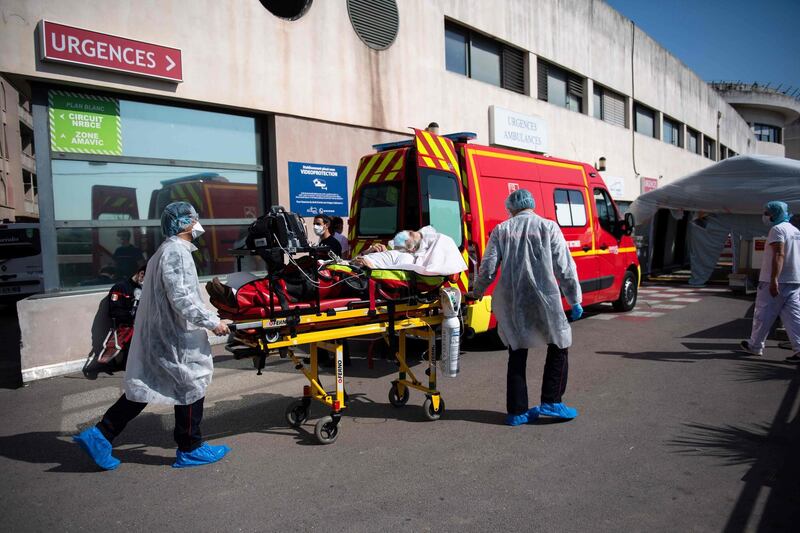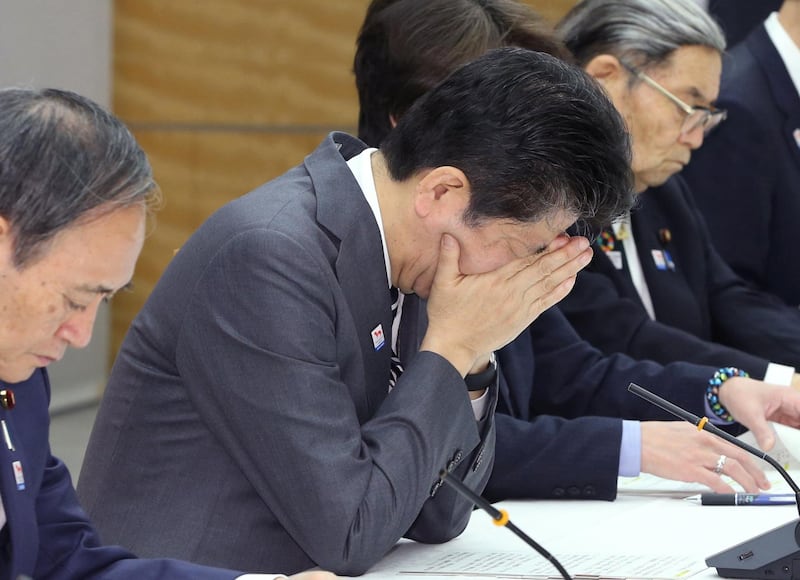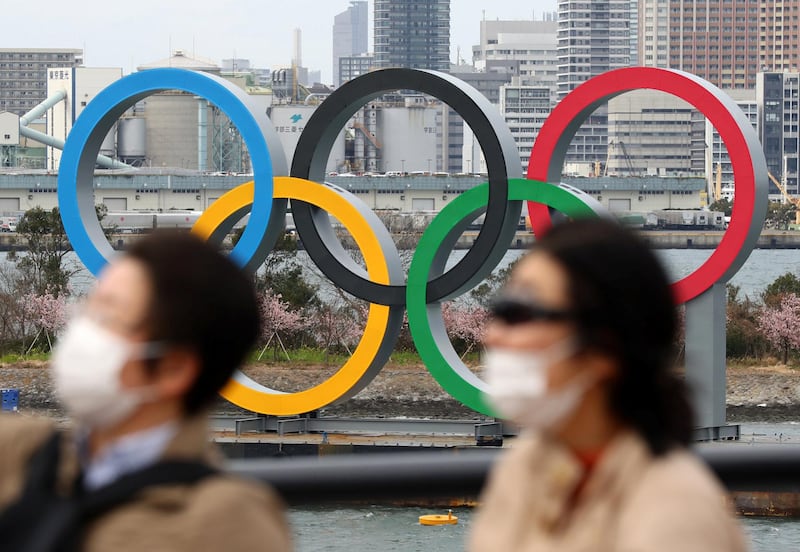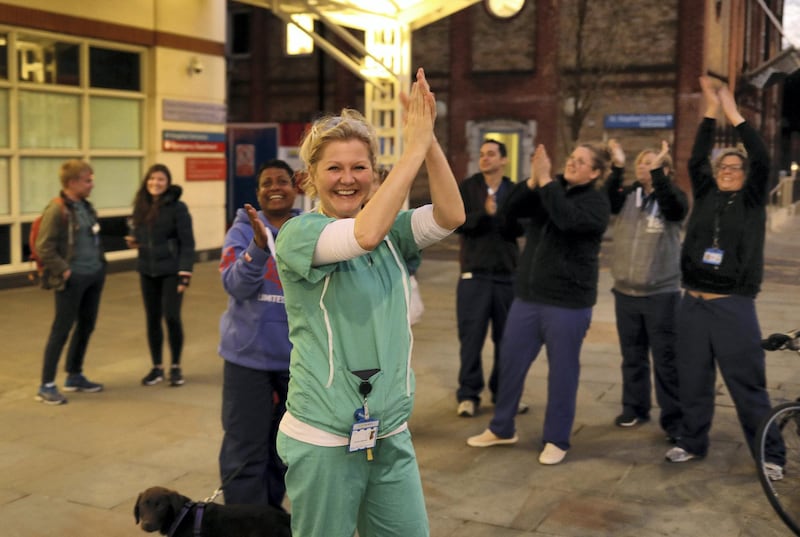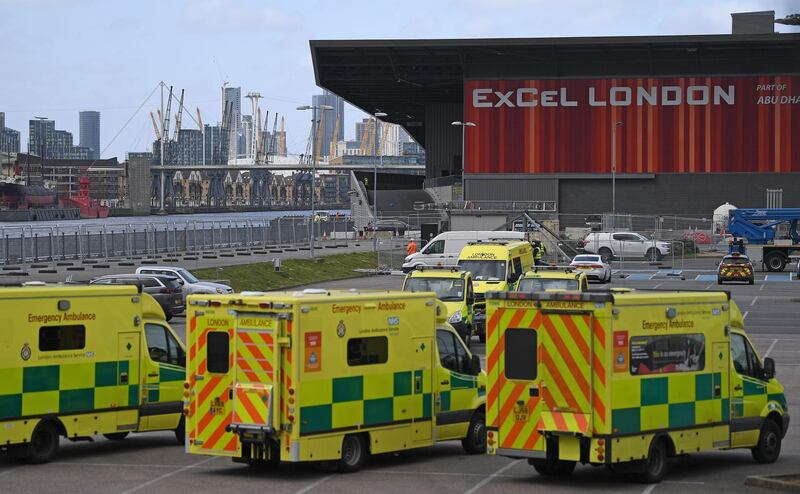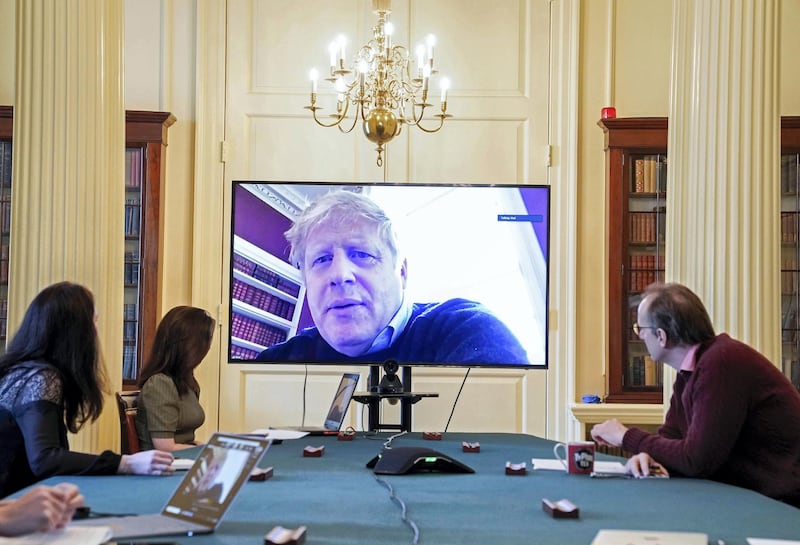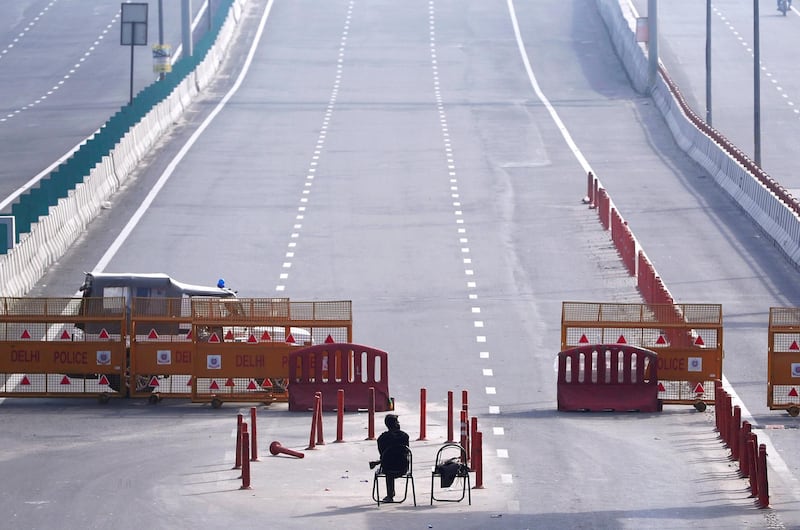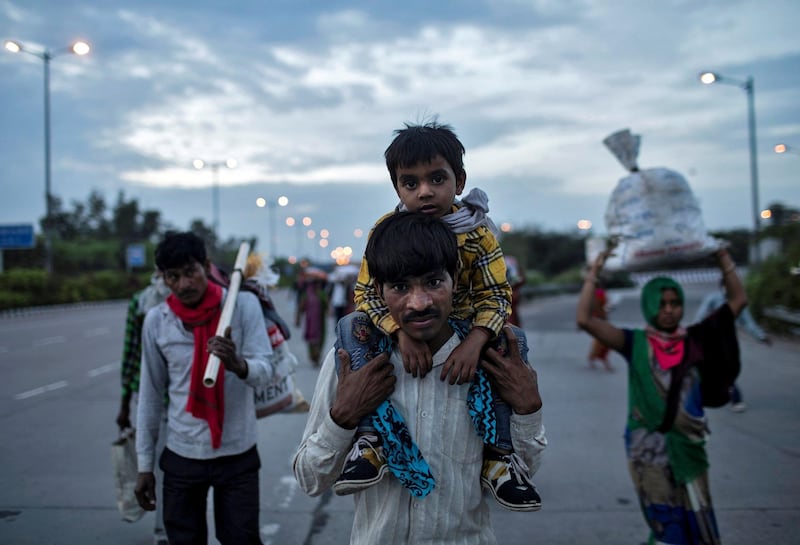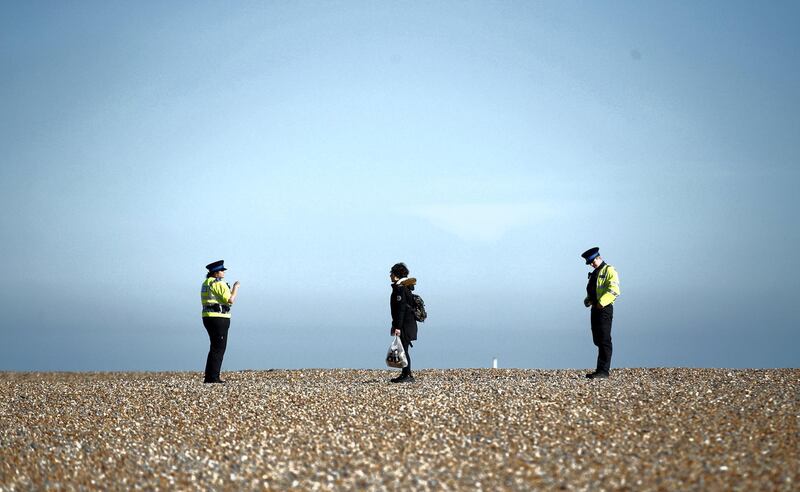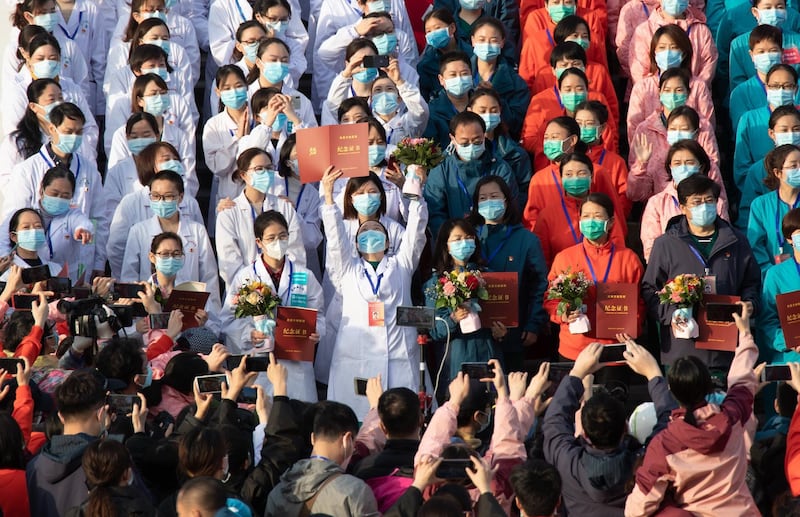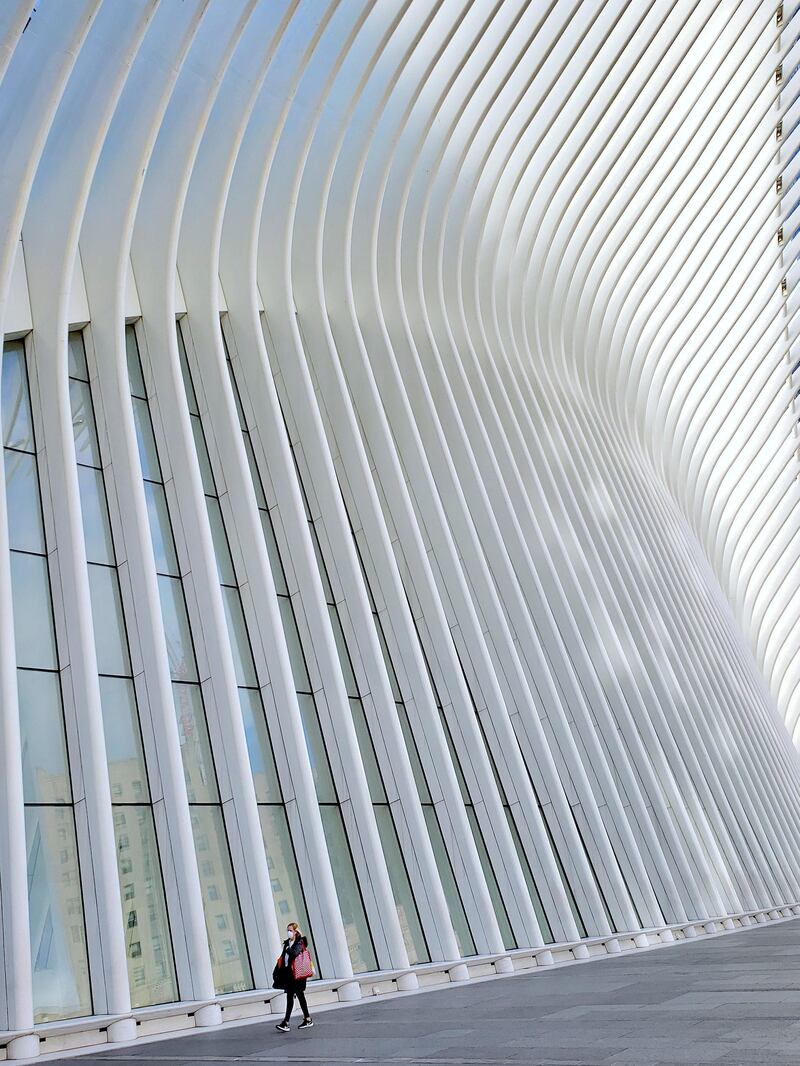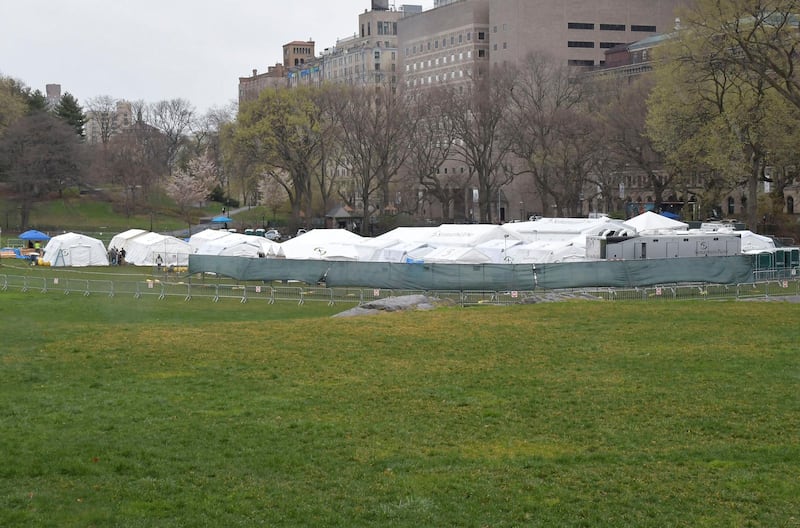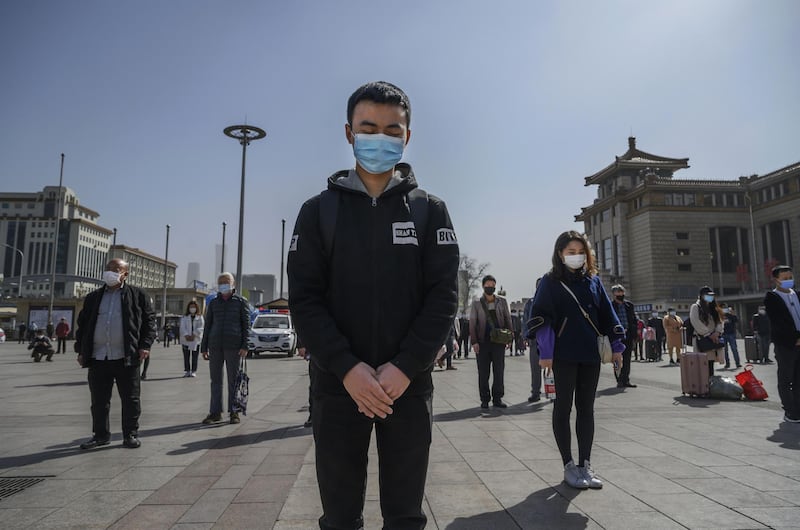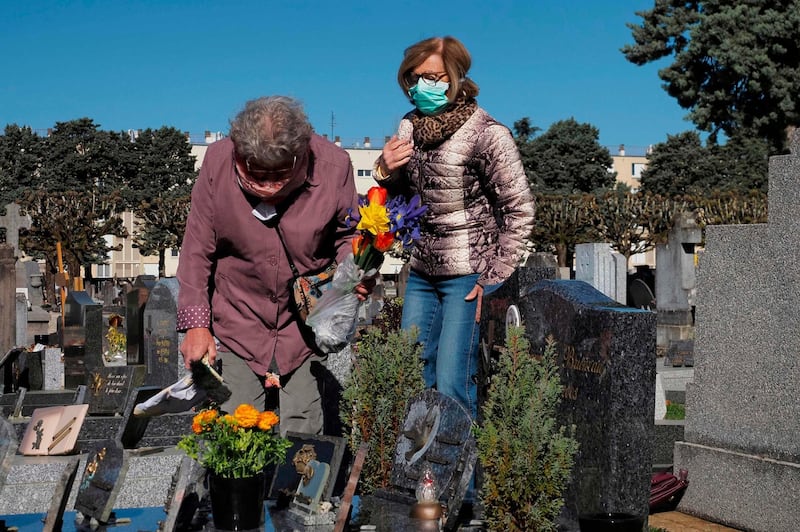Egyptian President Abdel Fattah El Sisi on Tuesday wore a mask in public for the first time, sending a message to many of the country’s 100 million people who have had a casual attitude towards the coronavirus outbreak.
The virus has killed at least 94 people in Egypt and infected nearly 1,450, authorities say.
“We made a point of wearing masks today to deliver a message that we are taking care,” Mr El Sisi said in a televised address.
Also wearing masks and seated two metres apart next to and behind the Egyptian leader were Prime Minister Moustafa Madbouly, Parliamentary Speaker Ali Abdel Aal and top officials and military commanders.
“If needed, we will distribute masks at half the cost or entirely free of charge,” Mr El Sisi said.
He said he was dismayed by the sight of passengers in communal taxis not wearing masks.
“I don’t get the impression from what I see that people are taking precautions,” Mr El Sisi said.
He said he occasionally ventured out alone “to see what’s going on", and that the death toll and number of infections would have been lower had Egyptians taken the coronavirus more seriously.
“We don’t want to have to take harsher measures because we don’t want life to come to a complete halt,” Mr El Sisi said.
“So far, the situation is under control. God willing and through our co-operation, we will overcome this challenge and emerge successful from this confrontation and Egypt and its people will be saved.
"Any difficult development, God forbid, will come at a very high cost for us.”
Egypt has imposed a night-time curfew, international flights have been banned, schools and universities closed and large gatherings prohibited.
Mosques and churches were also shut down, as were sports clubs, restaurants and cafes.
The number of government employees reporting for work has also been slashed.
Authorities on Tuesday said they were banning the traditional group iftars during the holy month of Ramadan, set to begin on April 23.
Iftars held in neighbourhoods or hosted by benefactors for the poor to break their fasts can attract hundreds, breaching the rules of social distancing.
“I am not in favour of entirely suspending work in the Egyptian state and bringing life to a complete halt," Mr El Sisi said.
"That would be dangerous, very dangerous."
During his six years in office, he has consistently called on the military to help realise his ambitious vision for Egypt.
He has given it responsibility for a construction boom, including the building of a capital and a dozen cities, mass production of food and building roads, bridges and affordable housing.
On Tuesday, Mr El Sisi inspected samples of the military’s equipment to be used in the fight against the coronavirus.
They included mobile laboratories and hospitals, trucks loaded with emergency water and food, ambulance buses and helicopters.
Mr El Sisi also announced a second package of economic stimulus to prevent the economy from tanking as a result of the coronavirus outbreak.
The latest package included a bailout package for the hard-hit tourism industry and civil aviation.
Earlier measures included a steep reduction in interest rates, exemptions on some stock market taxes, suspension of loan repayments and compensating exporters for losses incurred.
